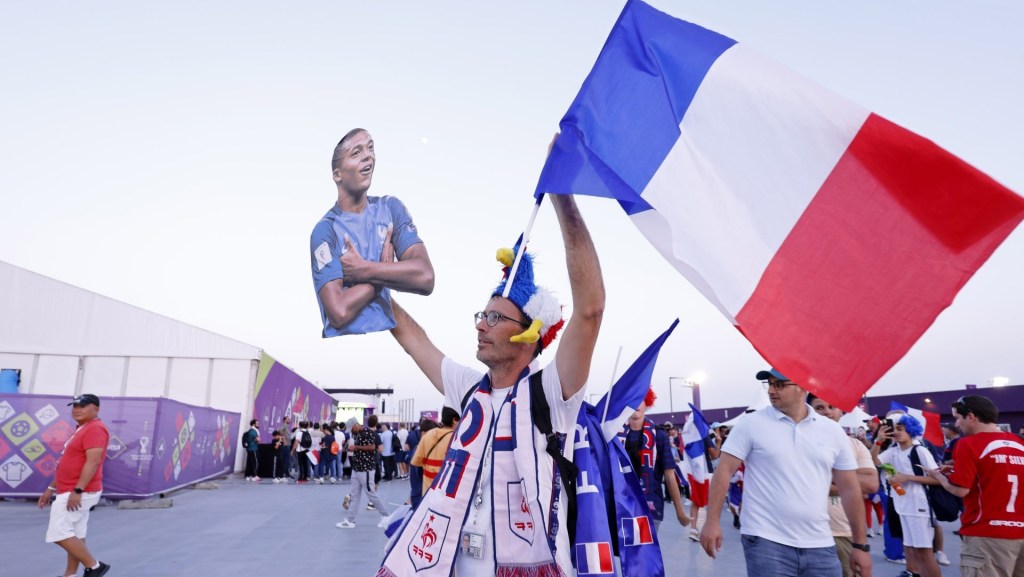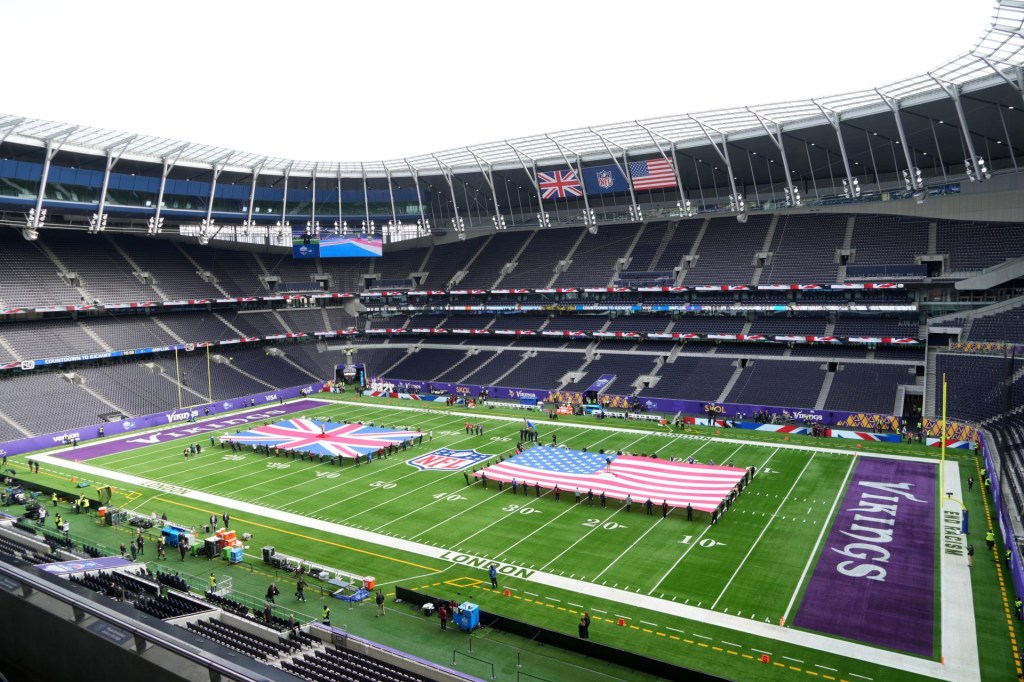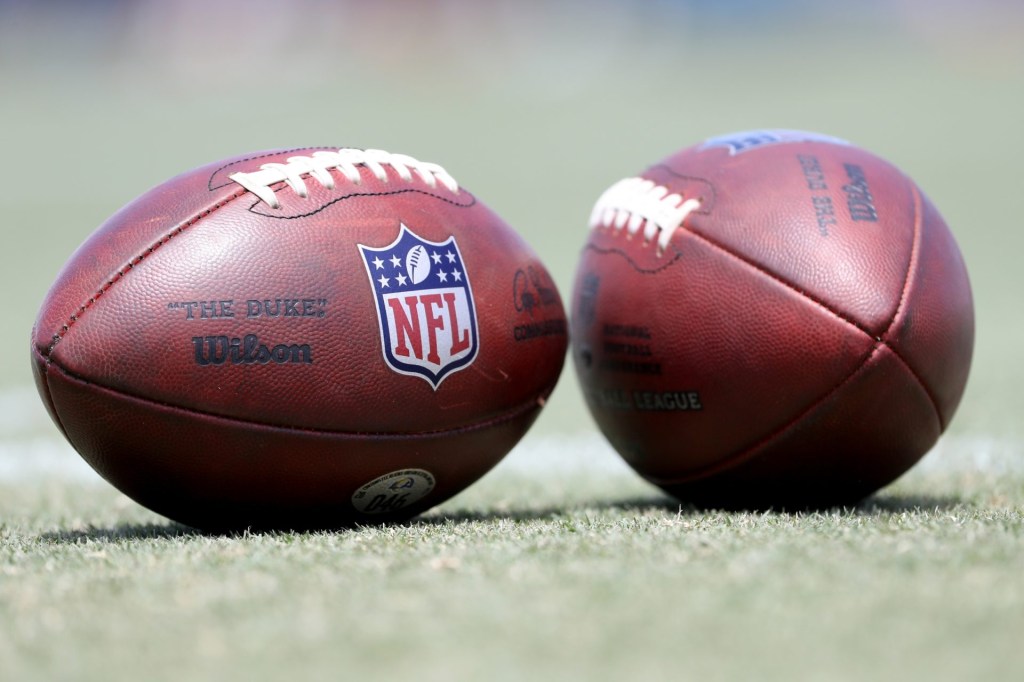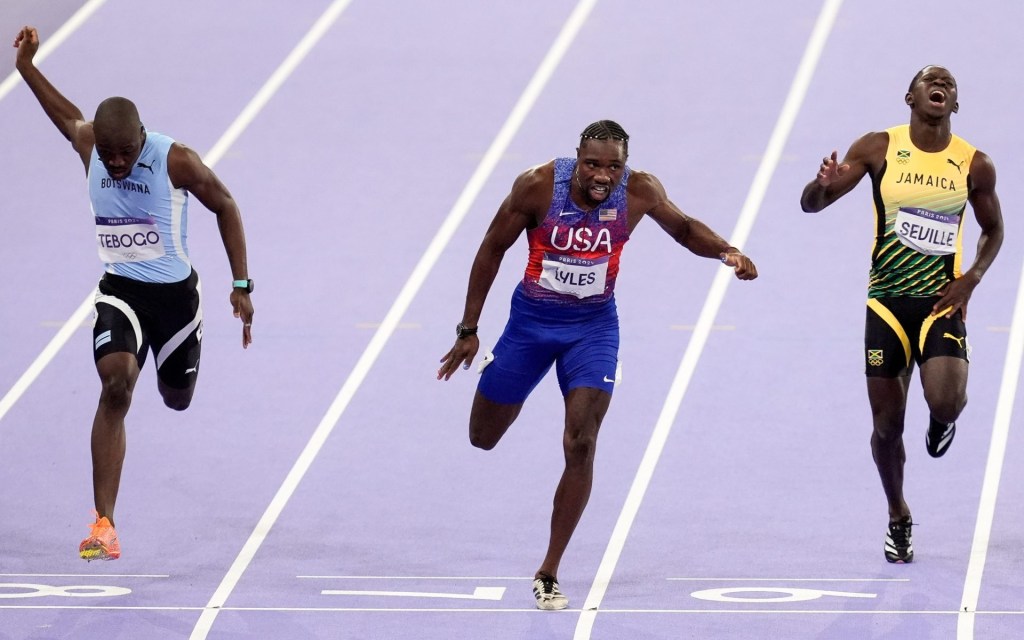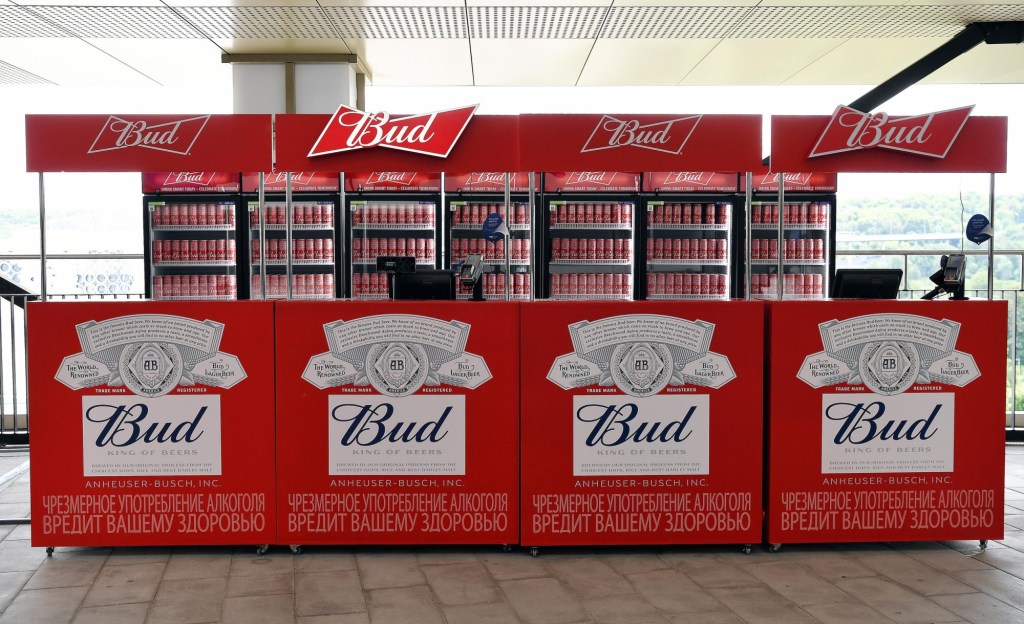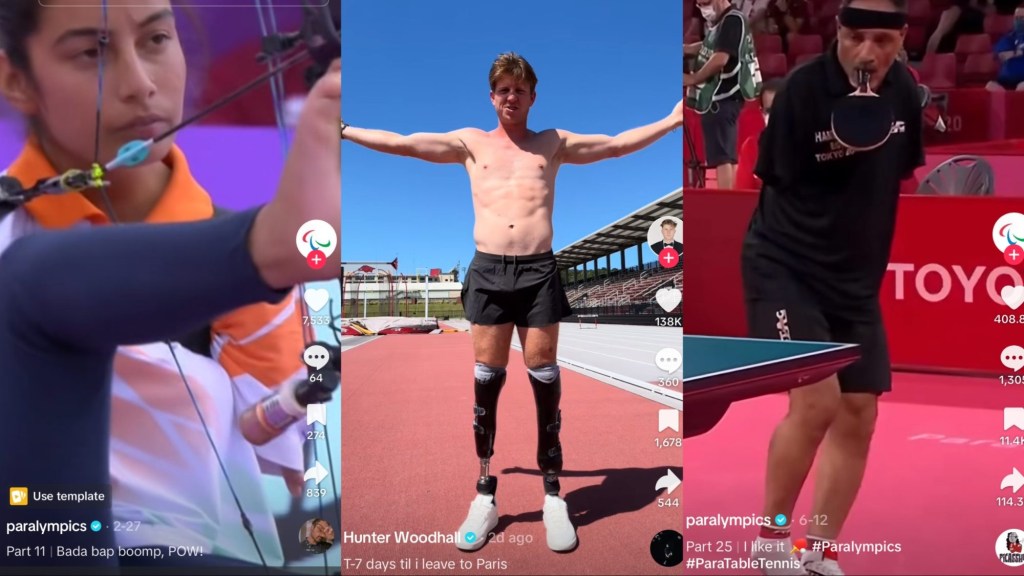The Microsoft Threat Analysis Center released a report Sunday claiming it has detected Russian campaigns set on disrupting the Paris Olympics.
The two main goals of the pro-Russian groups are to tear down the reputation of the International Olympic Committee and make the Games feel unsafe by spreading rumors of violence, Microsoft said. The efforts target France, President Emmanuel Macron, the IOC, and the Games. The IOC is allowing Russian athletes to compete in Paris under a neutral flag, but they cannot actively support the war against Ukraine.
The campaigns go beyond “defaming the IOC and [seeking] to foment public fear to deter spectators from attending the Games,” the report read.
Russia, and before that the Soviet Union, has a long history of aiming to undermine Olympic competition, including spreading disinformation, revealing athletes’ medical information, and launching cyberattacks on official servers. This year’s tactics, Microsoft claimed, include spreading baseless terrorism threats, creating false French-language news websites or making fake stories look like they come from credible outlets, including the CIA, heightening tensions around the war between Israel and Hamas, and creating a propaganda film called Olympics Has Fallen. Russian actors created an AI-generated voice of Tom Cruise to narrate the film.
The MTAC said in its December report that an actor with ties to Russia had paid U.S. celebrities to record Cameo videos that it later manipulated to disparage Ukrainian President Volodymyr Zelenskyy. Those same videos advertised Olympics Has Fallen to make it look like the celebrities supported the film, according to the new report. The campaign targeted Mike Tyson, Priscilla Presley, Elijah Wood, John C. McGinley, and others, Microsoft said.
Macron said in April that he believed Russia was spreading disinformation that France would not be ready to host the Games, which a Kremlin spokesperson called “completely unfounded.” Global Guardian, a security company that specializes in emergency response and intelligence, said in an Olympics-focused report last month that some cyberattacks against France were directly linked to Russian intelligence services, but many were done by private organizations with ties to Russian intelligence mostly seeking profits.
Microsoft said it anticipates Russian interference to increase ahead of the Games, especially using more languages, social media bots, and generative AI. These actors could make it look like protests or other threats are happening to impact trust in France’s security capabilities, Microsoft warned.
“If they cannot participate in or win the Games, then they seek to undercut, defame, and degrade the international competition in the minds of participants, spectators, and global audiences,” the report read.
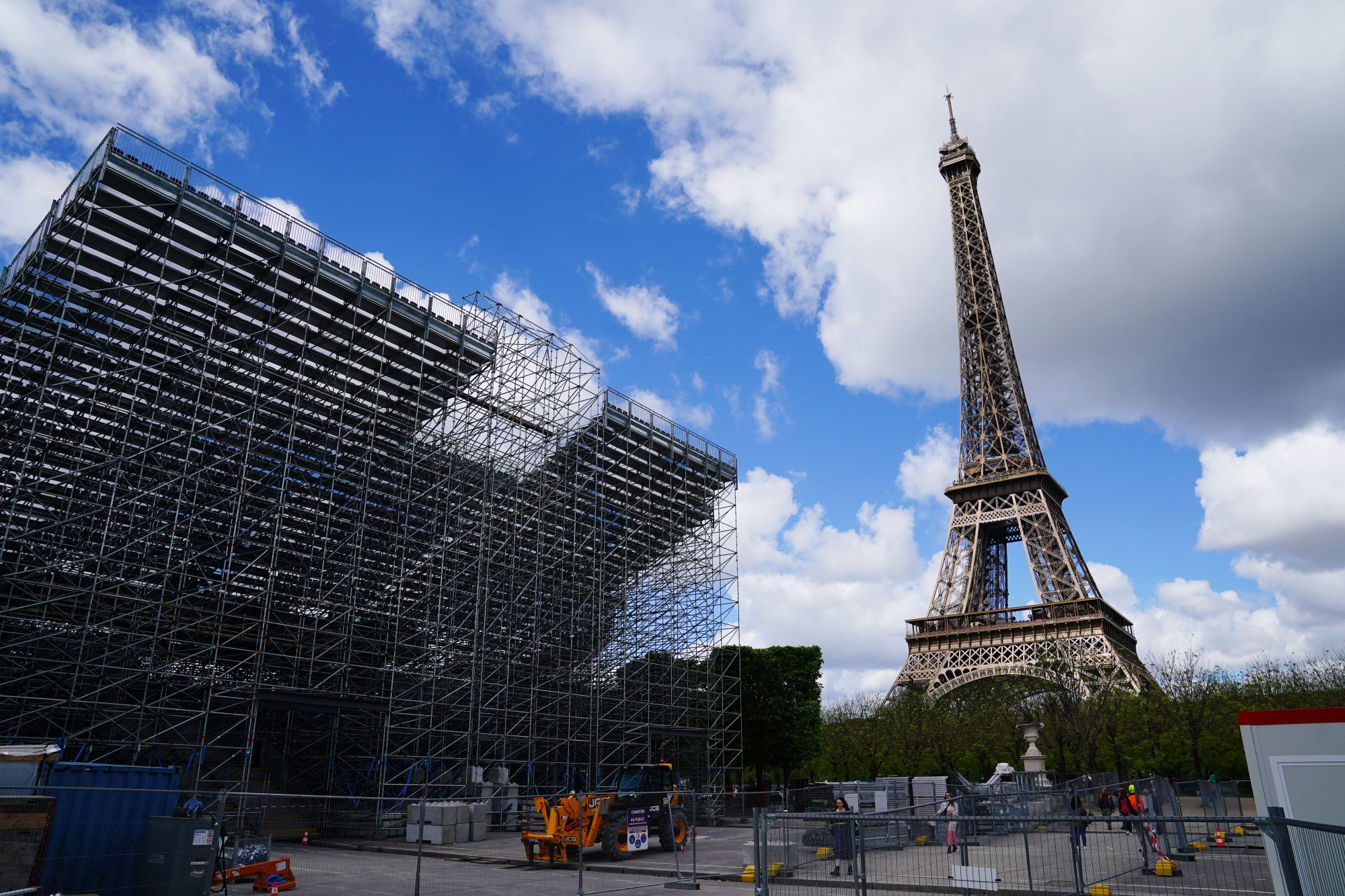

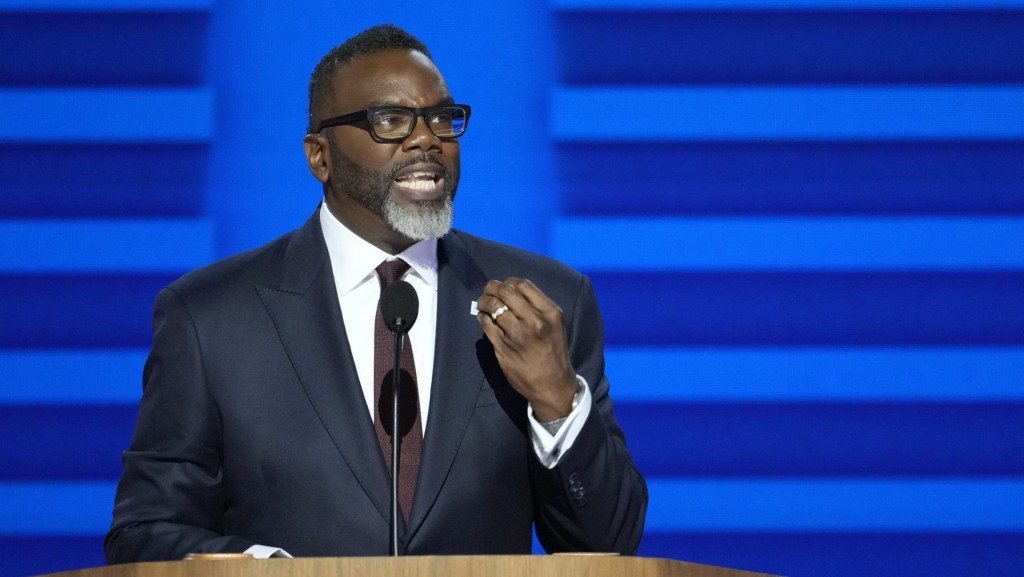
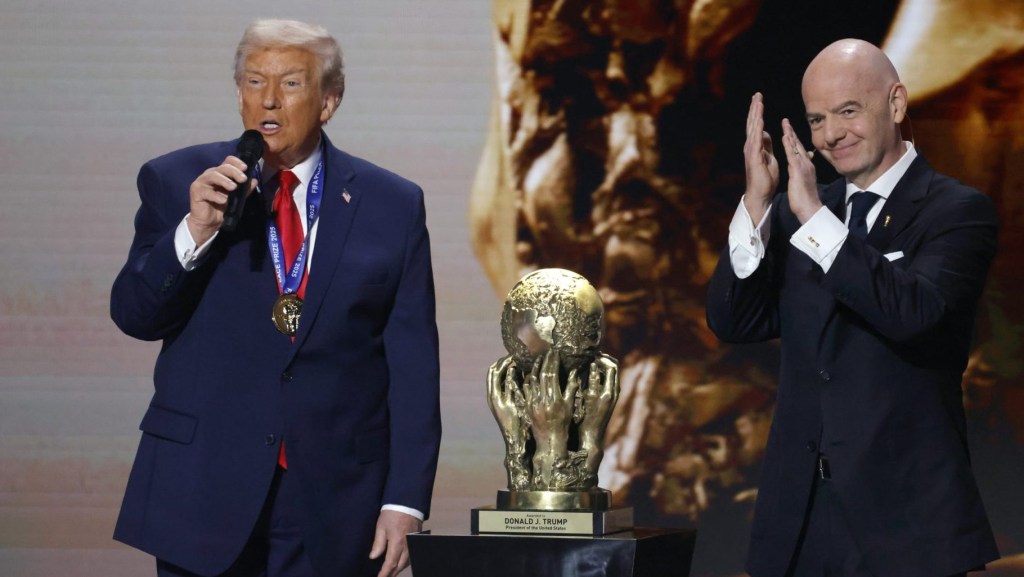


![[Subscription Customers Only] Jun 15, 2025; Seattle, Washington, USA; Botafogo owner John Textor inside the stadium before the match during a group stage match of the 2025 FIFA Club World Cup at Lumen Field.](https://frontofficesports.com/wp-content/uploads/2026/02/USATSI_26465842_168416386_lowres-scaled.jpg?quality=100&w=1024)
![[Subscription Customers Only] Jul 13, 2025; East Rutherford, New Jersey, USA; Chelsea FC midfielder Cole Palmer (10) celebrates winning the final of the 2025 FIFA Club World Cup at MetLife Stadium](https://frontofficesports.com/wp-content/uploads/2026/02/USATSI_26636703-scaled-e1770932227605.jpg?quality=100&w=1024)

